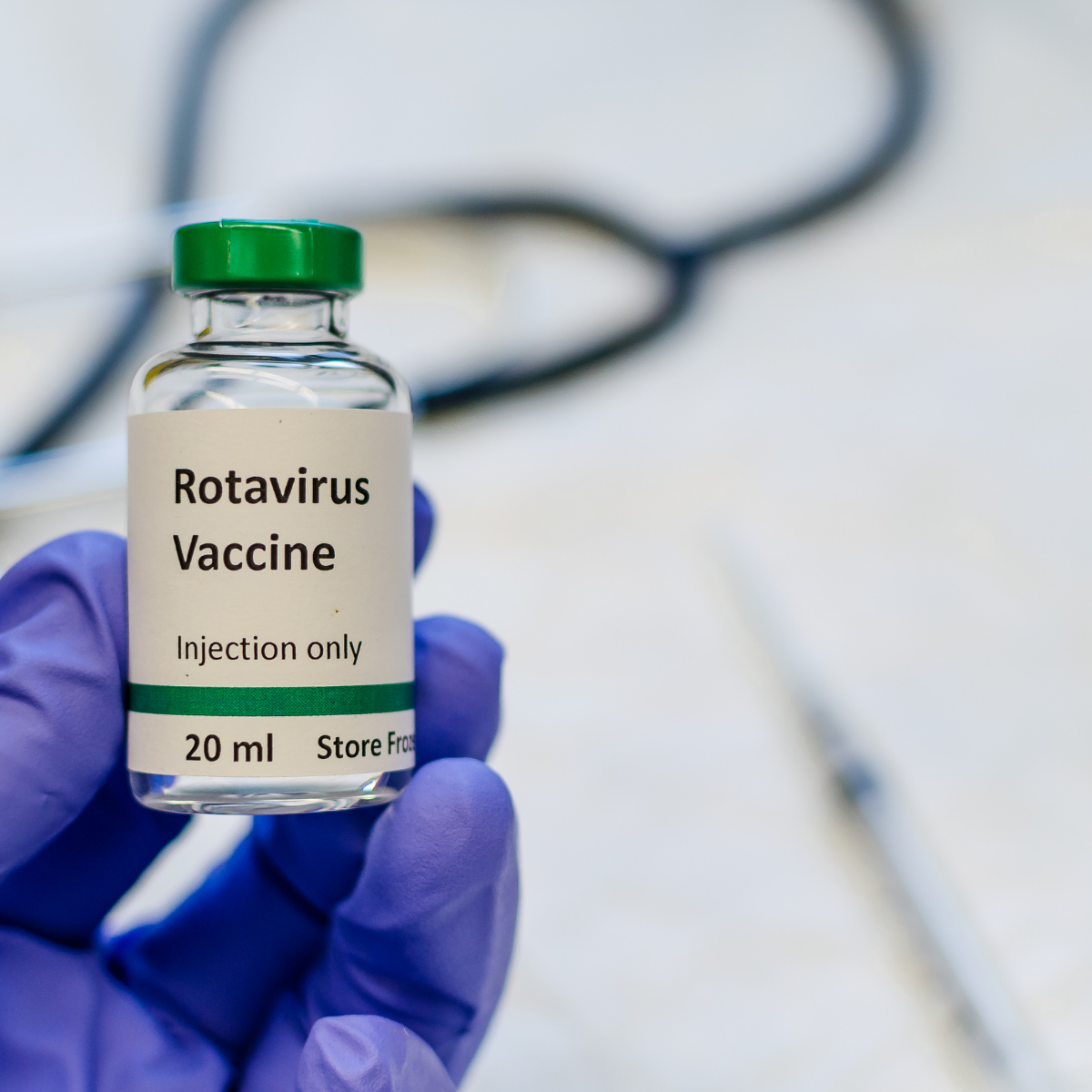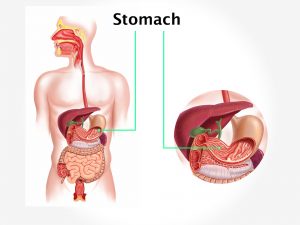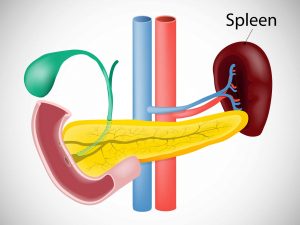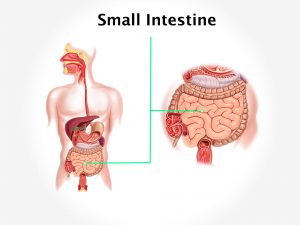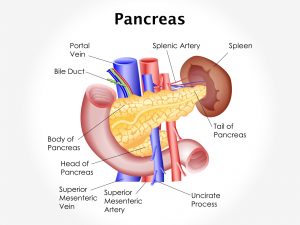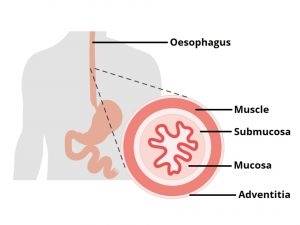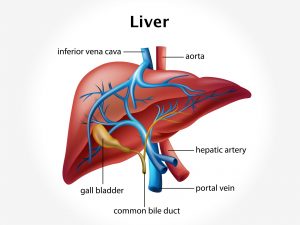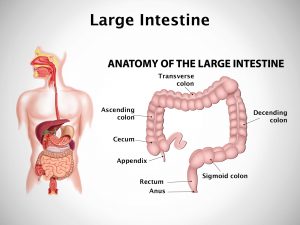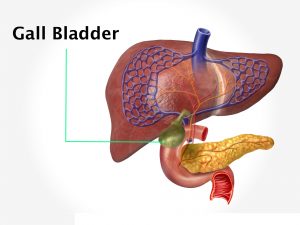Causative and risk factors
Rotavirus infection is spread through fecal-oral route. The virus can spread by contact with the stools of the infected person. Contact with the nappy of an infected child can transmit the infection to the caretaker. Any person coming in contact with another’s infected hands or even contaminated objects such as toys, clothes etc. can develop the infection.
Severe infection can develop in children below 2 years of age, elderly people and those with a weak immune system.
Clinical presentation
Symptoms may take two or more days to develop. The first symptom is usually vomiting. The patient has profuse watery diarrhea. Abdominal pain and fever are frequent findings. Patients with severe infection may develop dehydration, shock and even death.
Investigations
Based upon your child’s symptom, your doctor will order stool examination to detect rotavirus and confirm the diagnosis.
Treatment
There is no standard treatment for rotavirus infection. Treatment consists of oral rehydration wherein the child is given plenty of fluids to replace the fluid loss due to diarrhea. Severe cases may require hospitalization. Antibiotics are usually not recommended.
The prognosis is excellent with complete recovery in cases that are well managed.
Rotavirus infection can be prevented by giving the child rotavirus vaccine.
